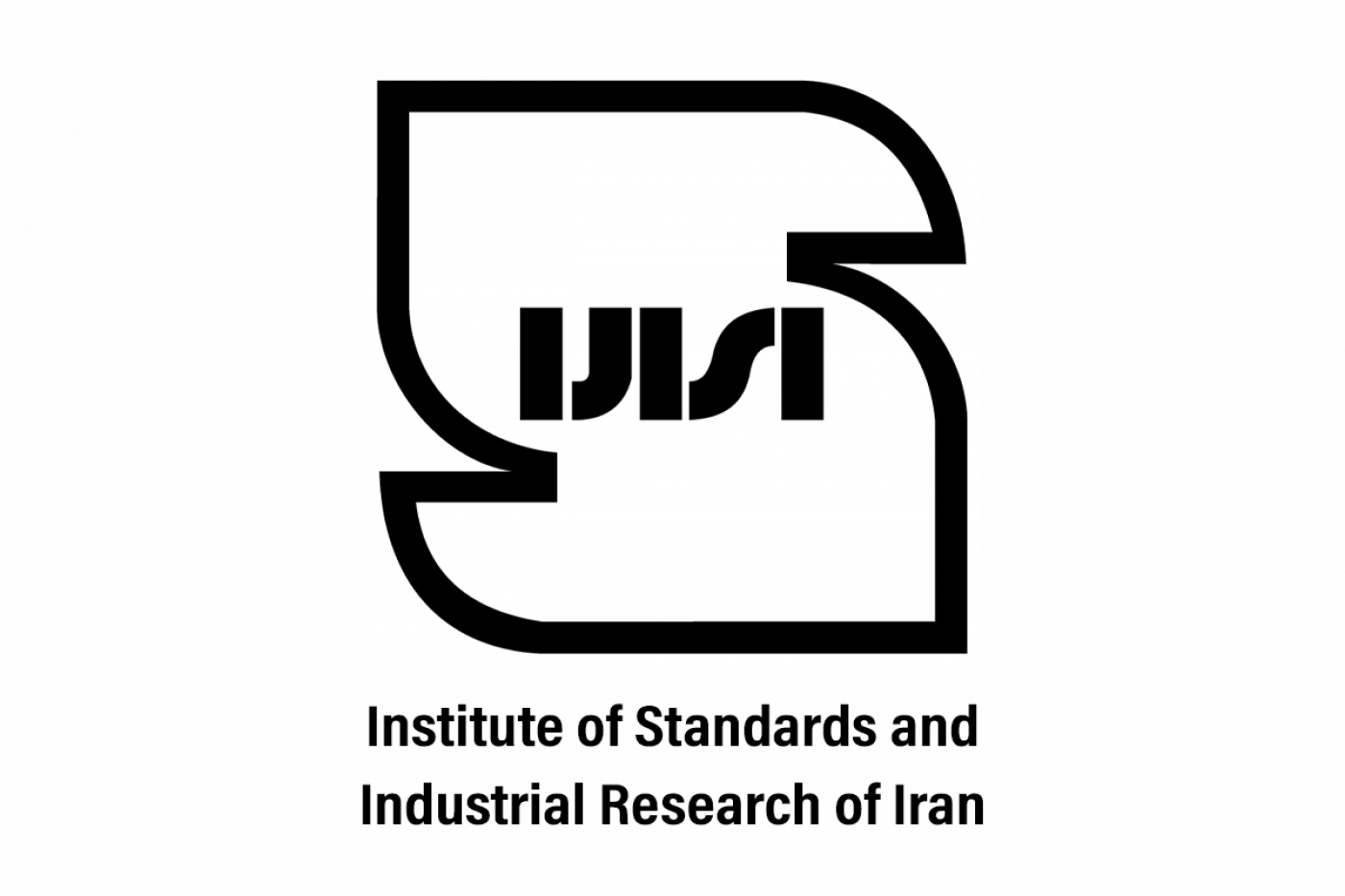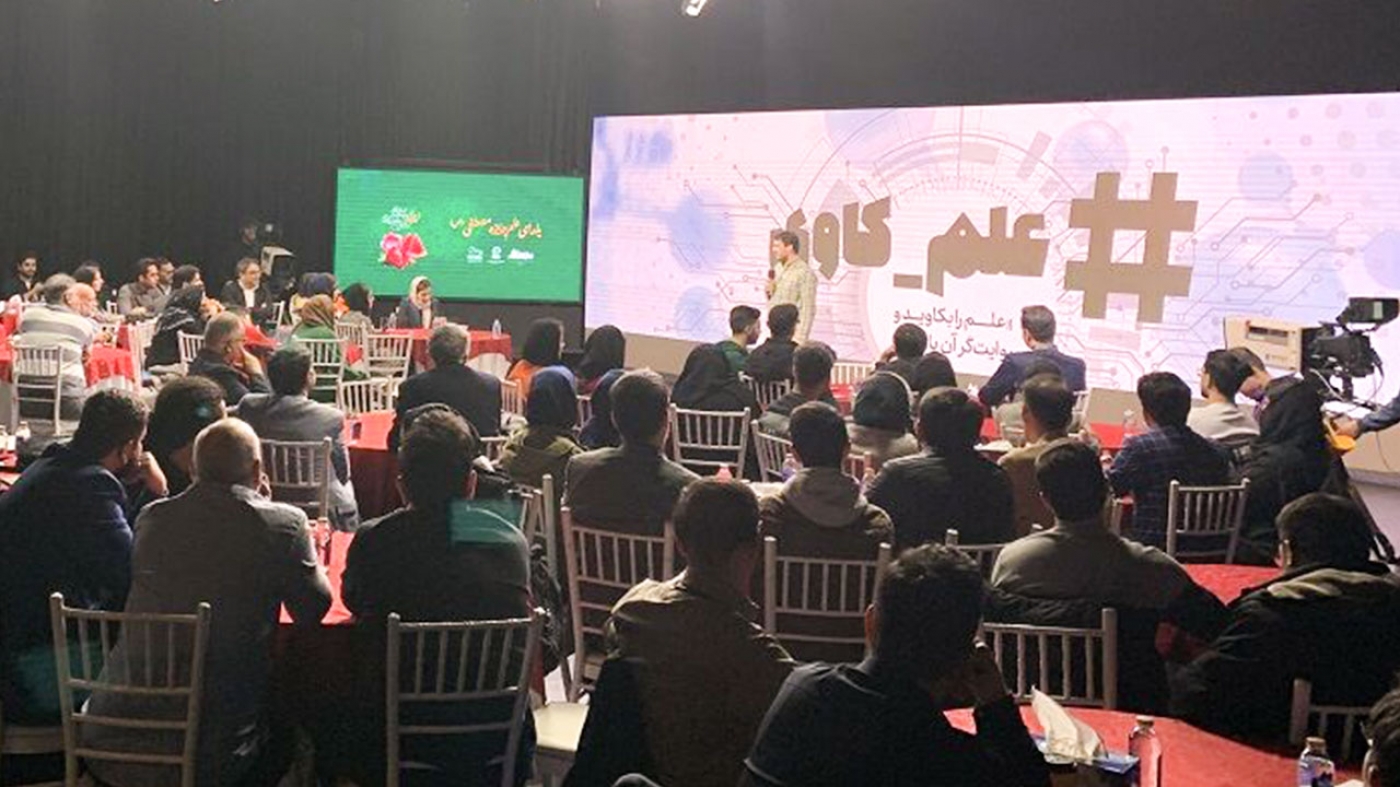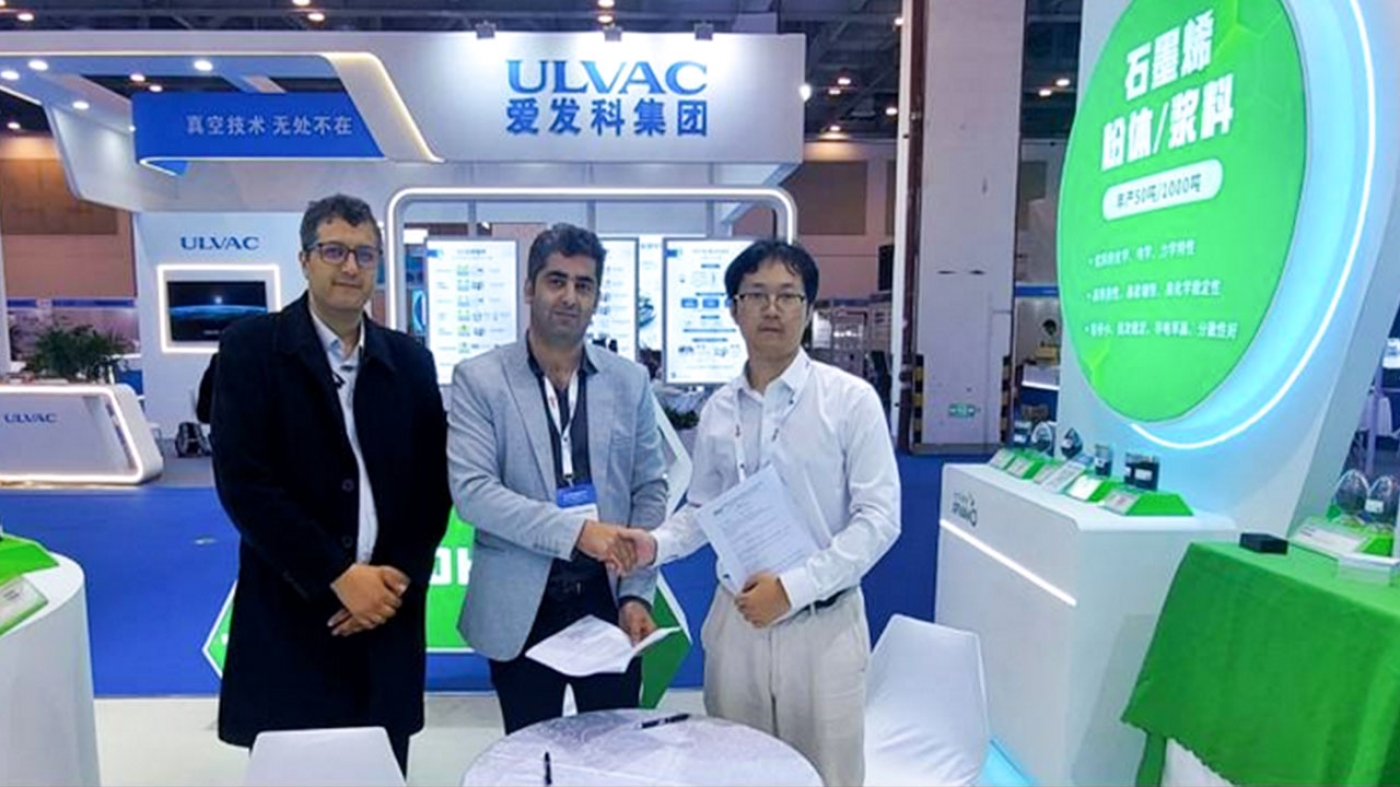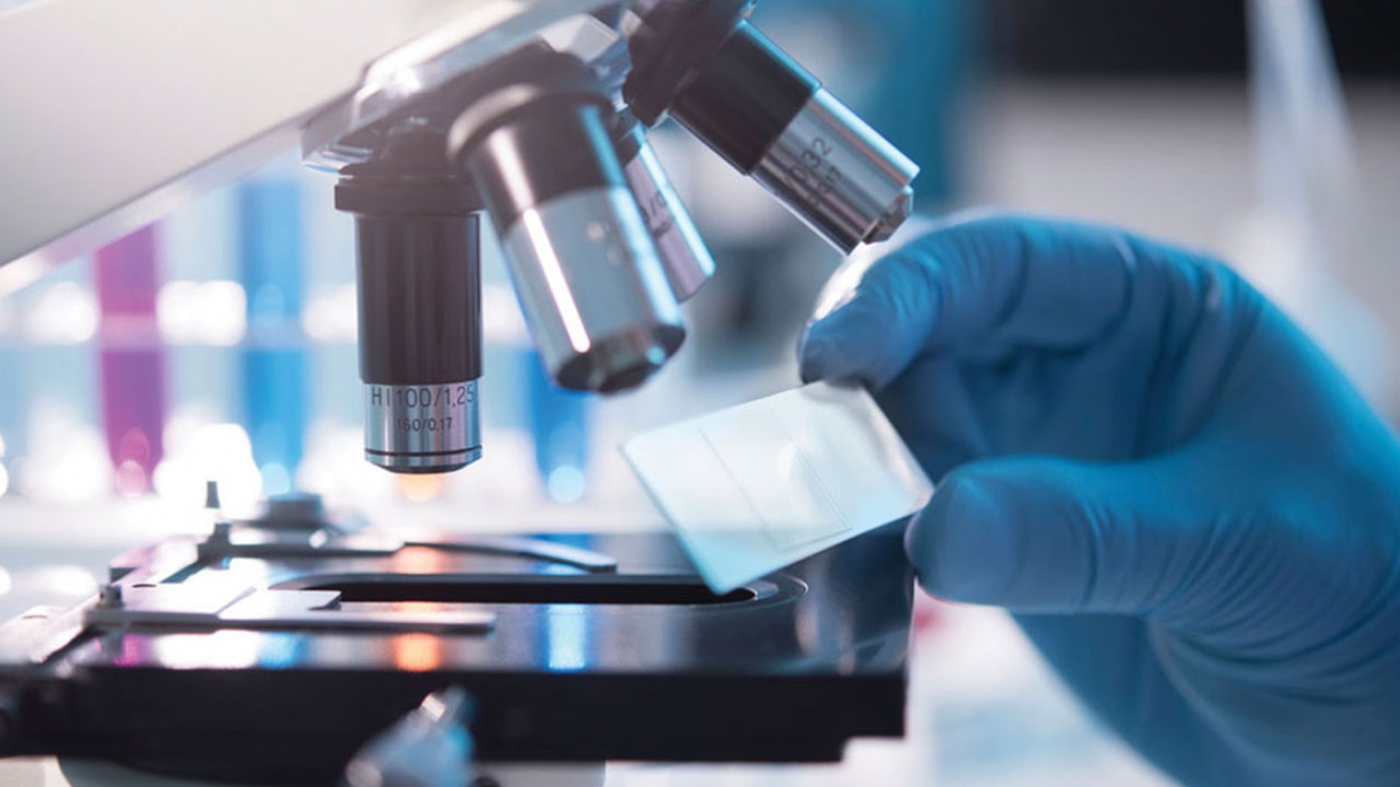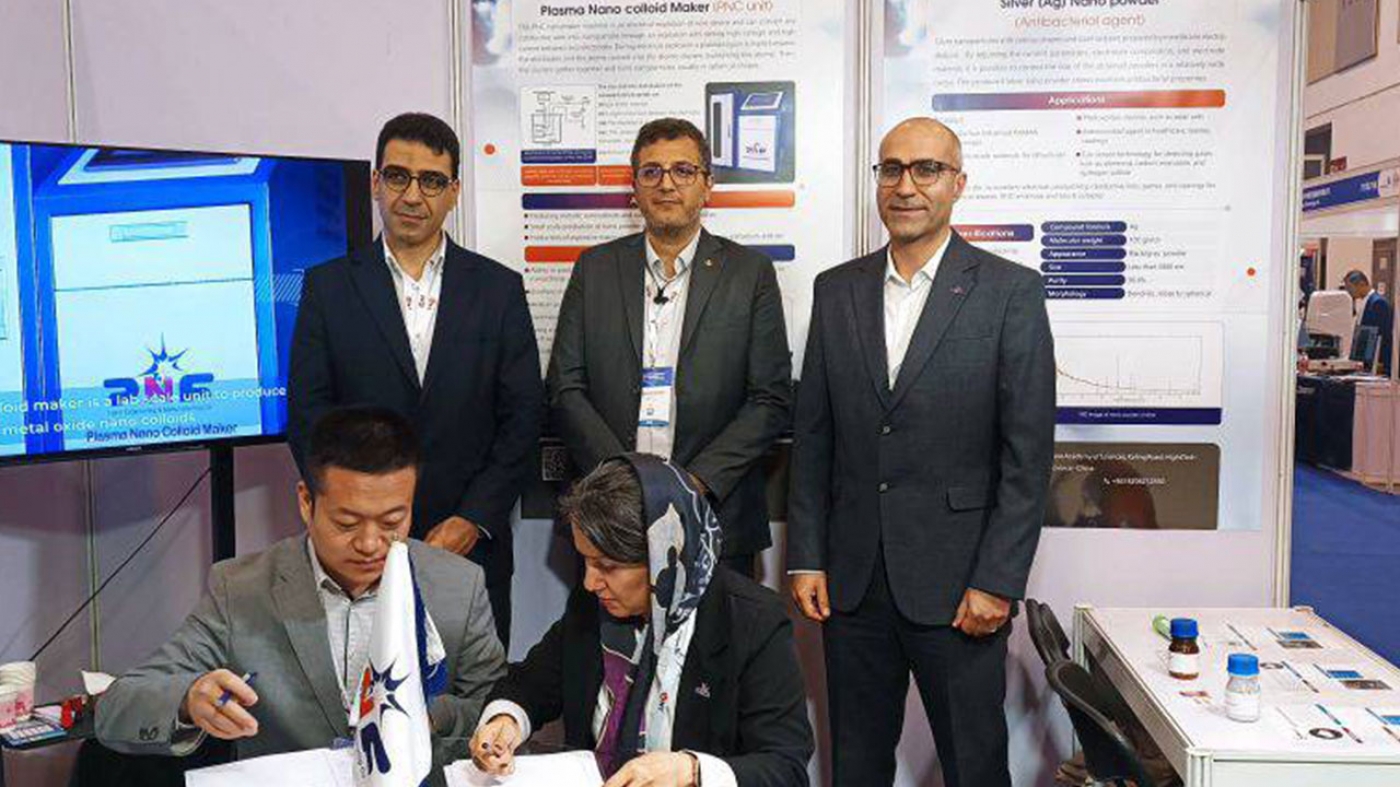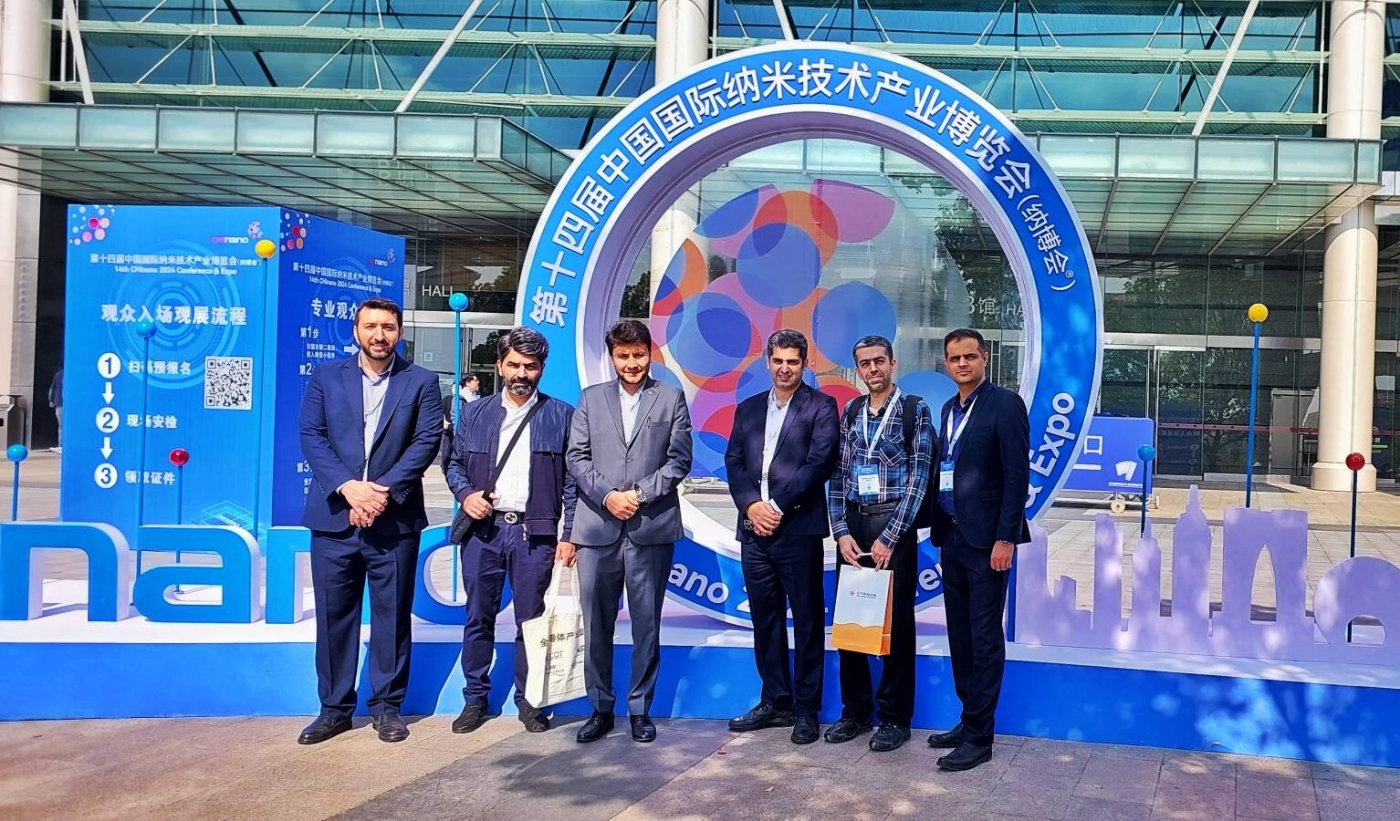Iran Has developed a Nanotechnology Standard for Disposal and Management of Waste Generated by Production and Processing of Manufactured Nano-objects.
In recent years, nanotechnology has moved from the research laboratory to the manufacturing plant and into consumer products.. Manufactured nano-objects (MNOs) can be combined with products to enhance their performance as well as create new properties.. In the production process, usage or disposal of these materials might result in the releasing of the MNOs and their interaction with human and environment. The manufacturers of the MNOs and the scientific society do not yet know whether nanomaterials, especially the MNOs, have health risks for laborers, users and environment or not. However, it is possible that some of the some of the MNOs might be hazardous for human health and the environment. MNOs may have distinct physicochemical properties as a result of their nanoscale formulation. Therefore, they may have risks to human health and environment which are quite different from those caused by non-nano scale materials. So, for management and evaluation of their human and environmental hazards and risks, there must be a special guideline. In the 97th meeting of the National Committee for Nanotechnology Standards, held virtually on 3 February 2021, the “Nanotechnology Standard Guidance for Disposal and Management of Waste Generated by Production and Processing of Nanostructures” was approved and published. Two national standards, one international standard and a book have been used as technical references for developing of this national standard. It has been compiled via various technical meetings with the participation of experts from universities, Department of Environment (DOE), Municipality, related expert company and the Iran Nanotechnology Innovation Council. These directives have usage for all players in the waste management chain including nanomaterials manufactures, their modifier as well as waste disposal companies, their delivers and receivers. This standard does not provide guidance for nano-composites’ disposal and management, waste derived from consumer products containing nano-objects or waste containing only naturally occurring or incidental nano-objects.
